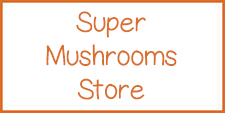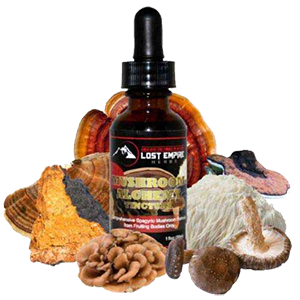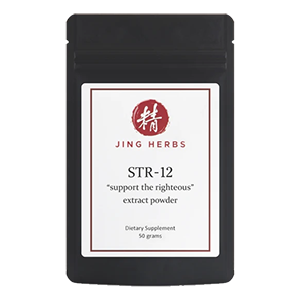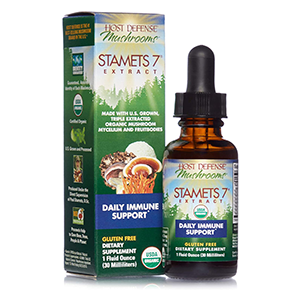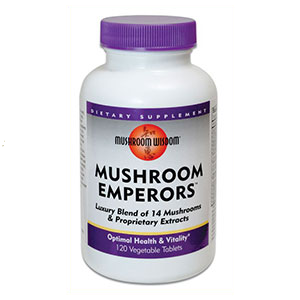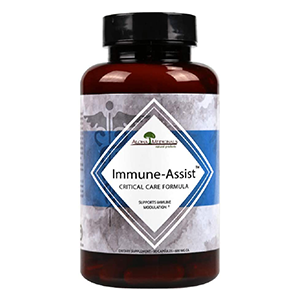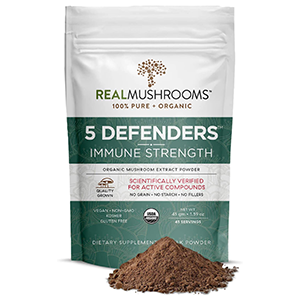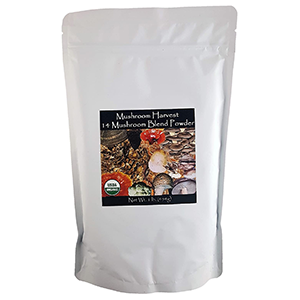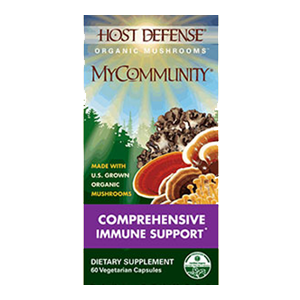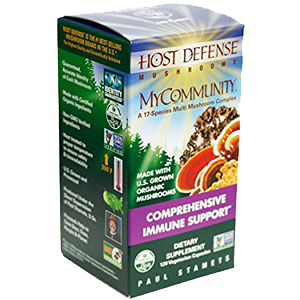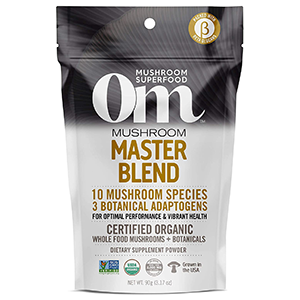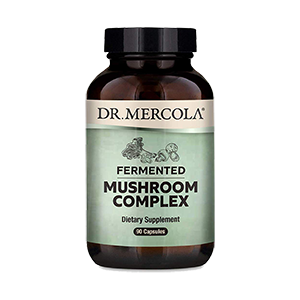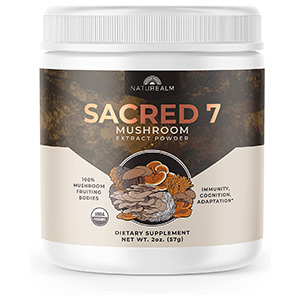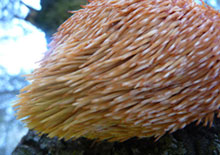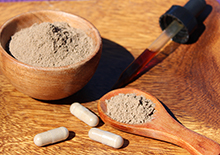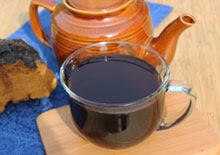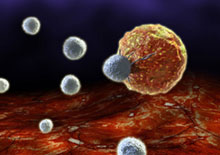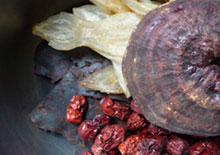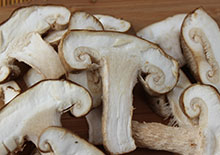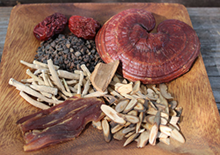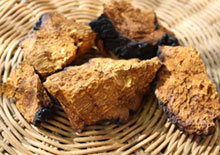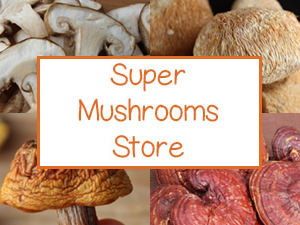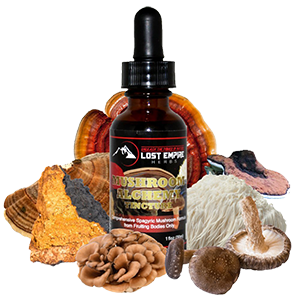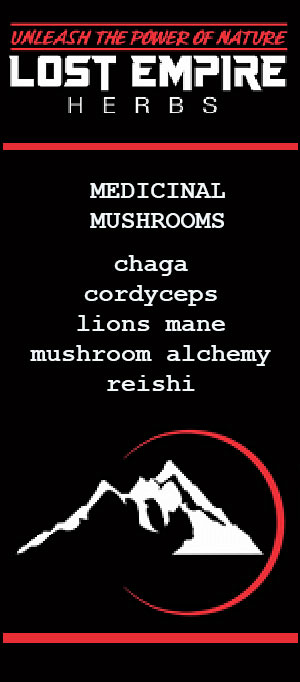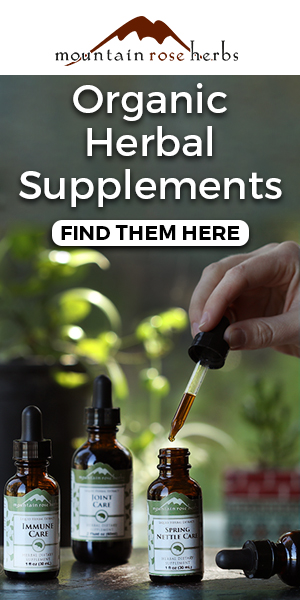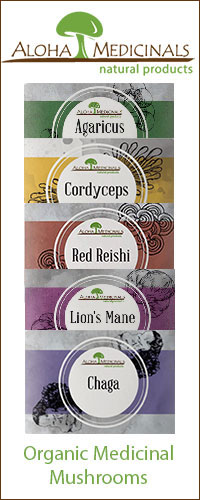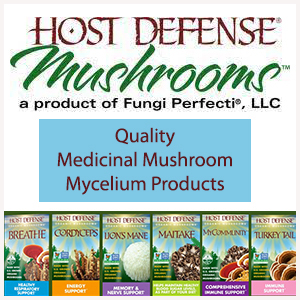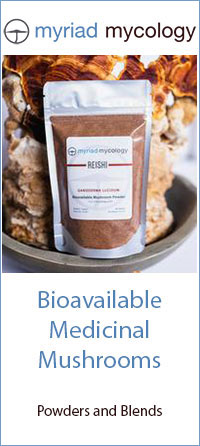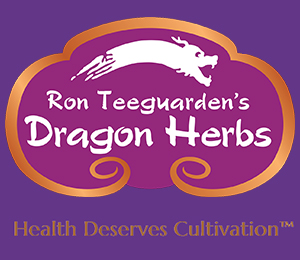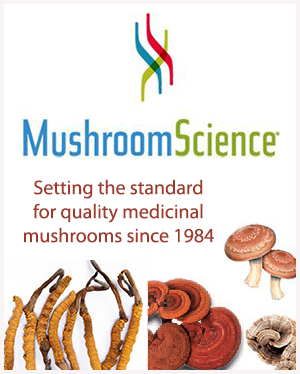- Home
- Super Mushrooms
Super Mushrooms, Potent Superfoods for Immune Support
Intro | Immune Benefits | Top Super Mushrooms List | What is Mycelium? | How to Use | Precautions | Shop
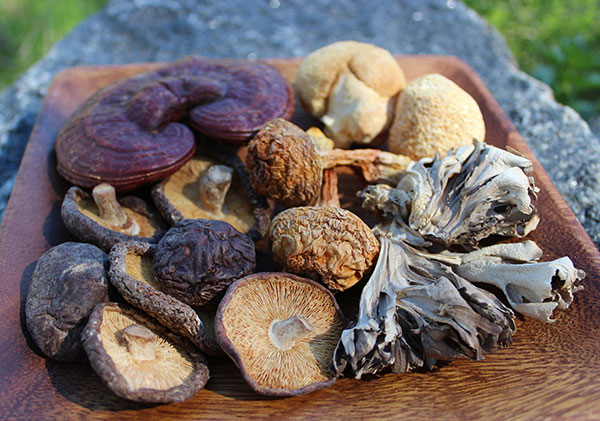
Super mushrooms are specific strains of "medicinal" or adaptogenic mushroom species that are used for their unique health-enhancing compounds.
Some of the popular ones, such as reishi and cordyceps, are famous as top major tonic herbs and have been prepared in traditional Chinese tea formulations for centuries.
Table of Contents
Intro | Immune Benefits | Top Super Mushrooms List | What is Mycelium? | How to Use | Precautions | Shop
Chaga, reishi and turkey tail mushrooms are frequently highlighted in
scientific news headlines for their profound medicinal properties. While others,
like lions mane (aka pom pom mushroom), shiitake, maitake and agaricus blazei, are respected for their culinary uses as well as their therapeutic aspects.
Current scientific research, in addition to the historical and cultural use around the world, has shown that these fungal allies can have a very positive influence on the human body when consumed over a period of time.
Immune Wellness Benefits of Medicinal Mushrooms
Maintaining a healthy immune system is our best line of defense against illness and the key to a preventative healthcare approach to overall long-term wellness.
These types of mushrooms are considered potent superfoods for the immune system. Containing polysaccharides, like highly structured beta-glucans, as well as various other myco-nutrients and antioxidants, including triterpenoids, glycoproteins, flavonoids and ergosterols, that can be extremely supportive for building a natural resistance to pathogens and toxins.
They are frequently prepared as dietary supplements utilizing the mushrooms at different life stages. This may include the mature fruiting body (the actual mushroom), the initial white
thread-like mycelium biomass, the primordia (or young mushroom
formation) and sometimes the spores or seeds of the mushroom.
Immune-Modulating "Host Defense Potentiators"
The term "host defense potentiators" is often used to describe the immune-modulating adaptogenic effects that these mushroom compounds can possess. This is a claimed ability to enhance one's (the host's) defense mechanisms rather than killing any one pathogen directly.
Specifically, they can support the body's resistance to trauma, anxiety and fatigue as well as foster protective effects against environmental pollutants.
Each specific medicinal mushroom species has its own distinct combination of polysaccharides which boost the activity of the immune system in different ways. This is why many brands frequently utilize a combination of different types in their mushroom supplement formulations.
Top Super Mushrooms List
Many top health authorities today are likewise beginning to understand the health-enhancing potential that these mushroom varieties can offer to a wide range of people seeking improved immunity in the ever-changing world around us.
Here is our top list of medicinal super mushrooms, each containing unique constituents that may be more or less appropriate depending on your individual needs and specific health goals.
(Use the links below to jump to desired section.)
1) Chaga
2) Lion's Mane
3) Maitake
4) Cordyceps
5) Coriolus
6) Agaricus blazei
7) Reishi
8) Shiitake
1) Chaga (Inonotus obliquus)
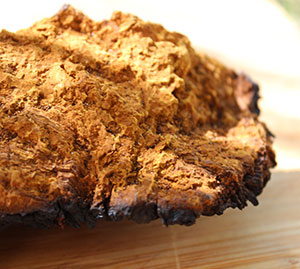
Chaga mushroom, also called "cinder conk", often grows on birch trees found in colder climates throughout the world and has been long used by Russian herbalists as a remedy for restoring vitality and maintaining health.
In addition to sterols, polyphenols and polysaccharides, the mushroom also contains a host of other antioxidant constituents including melanin, superoxide dismutase and triterpenes, like betulin, inotodiol and lupeol. One of its main compounds is betulinic acid which it concentrates in high amounts from birch bark. (*) Inonotus obliquus, and its crusted charcoal-like layer, is also a natural source of melanin.
2) Lion's Mane (Hericium erinaceus)
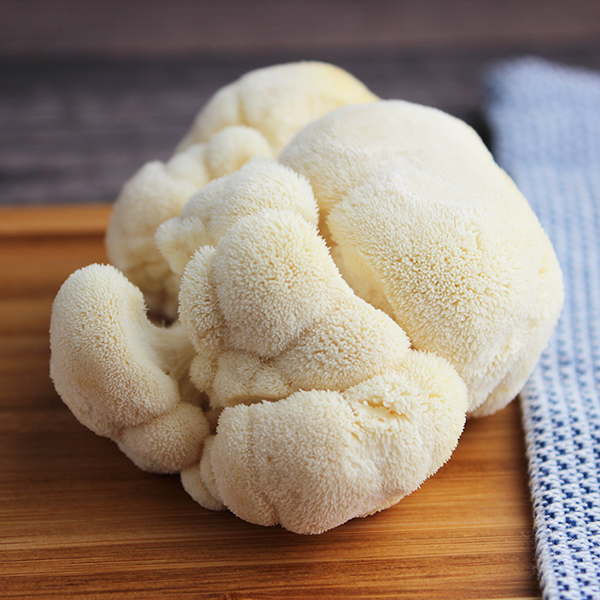
Lion's mane is highly valued for its support to the brain and nervous system. It is in fact the top medicinal variety for its benefits as a neurotrophic and nootropic superfood. Containing two unique compounds, hericenones and erinacines, it has been shown in research since the 1990s to stimulate the synthesis of nerve growth factor and the secretion of proteins that play a major role in the maintenance, survival and regeneration of neurons. (*)
As a "nootropic" dietary supplement, it is often utilized to support cognitive functions, including memory, focus and
decision-making. Other research also continues to confirm its neuroprotective effects and potential usefulness for dementia and conditions
such as Parkinson’s (*) and Alzheimer’s disease. (*)
3) Maitake (Grifola frondosa)
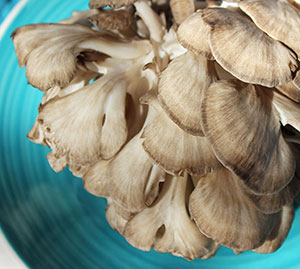
Maitake, also called "hen of the woods" or "signorina", is a wild perennial fungus that often grows in the same place every year, usually at the base of oak trees. In recent times is also frequently cultivated to be sold fresh, dried or prepared for supplement use.
One of its main polysaccharides is a unique protein-bound beta-glucan referred to as D-Fraction. This myco-nutrient is one of the main substances reported to be responsible for maitake's powerful immune-modulating influence. Maitake is commonly cooked as a fresh variety and used by chefs worldwide as a "gourmet mushroom" providing a flavorful umami taste in soups, sauces and numerous recipes.
4) Cordyceps (Cordyceps sinensis)
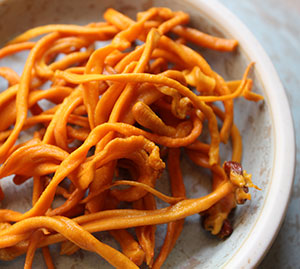
Cordyceps sinensis is supportive to adrenal functions and is known in TCM to be particularly nourishing to the lungs and kidneys. It is valued as an aphrodisiac with a rejuvenating potential on sexual organs in both men and women.
Cordyceps contains beta-glucans and CO-1, plus the compound called "cordycepin", which is unique to this mushroom variety. Often compared to that of ginseng for its restorative qualities, it is
revered as a "Chi" building herb with effects claimed to "activate life
energies." C. sinensis is popular for use as an athletic support tonic for revitalizing physical stamina and encouraging a performance-enhancing outcome.
5) Coriolus (Trametes versicolor)
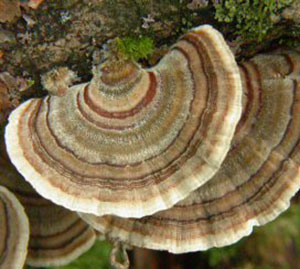
Coriolus is a very popular mushroom species that grows all over the world in a number of climate zones. It is easily identified, usually forming great shelf-like colonies on decaying logs and trees. Referred to as "turkey tail" for its shape, lines and colors that resemble wild turkey tail feathers, it is one of the most studied of the medicinal mushrooms varieties.
Coriolus or turkey tail contains two specific polysaccharides, kresin (PSK) and polysaccharide peptide (PSP), its primary beta-glucan rich elements. Also referred to as "the cloud mushroom", it is known in TCM to
positively affect all three treasures: Chi, Shen and Jing. The best and most medicinally effective way to use this mushroom is as a prepared liquid or powdered extract.
6) Agaricus blazei (Agaricus subrufescens)
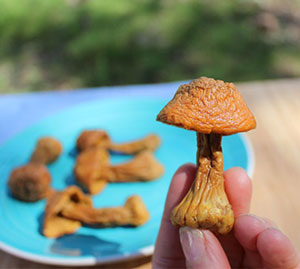
Agaricus blazei is a Brazilian mushroom species also called "cogumelo do sol" (mushroom of the sun) and also goes by the name Agaricus brasiliensis. It is another type of mushroom that can be eaten fresh and is described to have a sweet almond-like taste. However, like all medicinal mushrooms, it needs to be heated or prepared in hot water or an alcohol solution to release its beneficial healing components.
Agaricus has a high concentration of beta-glucans which help to modulate immune functions. It is related to the white button Agaricus bisporus variety, also known as cremini or portobella mushroom. The white mushroom cultivar commonly found in markets is, however, largely void of medicinal properties according to research.
7) Reishi Mushroom (Ganoderma lucidum)
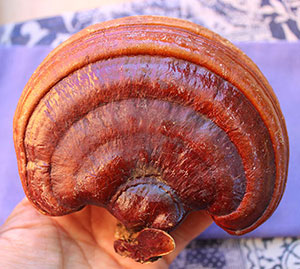
Reishi, has been documented in the earliest pharmacopeia texts in Asian culture dating back thousands of years ago. It is considered a potent "Shen" tonic because of its proposed calming influence on the nerves and kidney system.
It is known in Traditional Chinese Medicine to "open the spirit" and has been used by Taoists for achieving "spiritual immortality" or enlightenment. Ganoderma lucidum is also known to help with nerve rejuvenation and insomnia, claimed to be useful for a good night's sleep. The reishi mycelium contains many different constituents including triterpenoids, polysaccharides, peptides, nucleotides, sterols, steroids and various trace elements.
8) Shiitake (Lentinula edodes)
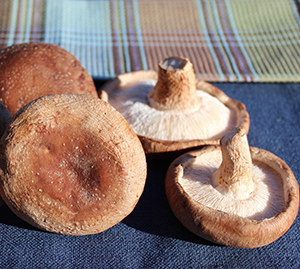
Shiitake is one of the most popular edible "gourmet" mushrooms because of its rich flavor and soft meaty texture. Many people do not realize that shiitake is also incredibly medicinal in nature providing a host of beneficial compounds. Comprised of beta-glucans and other polysaccharides, such as lentinan, emitanin and KS-2, it has been extensively researched for its potential nutraceutical actions.
For increased therapeutic potency, it is also frequently consumed as a dietary supplement or hot water extract, usually produced from either the whole mushroom, the mycelium biomass or isolated bioactive constituents, as is the case with the lentinan extracts.
What is Mycelium?
Some mushroom extract supplements often include "mycelium biomass" in their overall formula. We often get asked... what exactly is "mycelium?"
Mycelium is the fine, white, thread-like fabric, a network of cells that decomposes plant and animal matter. The mushroom is the fruiting body of this complex matrix. If you've ever dug down below the first layer of soil in a forest ecosystem, you will often see a layer of white mycelium at work.
In the words of mycologist Paul Stamets, "The entire food web of nature is based on these fungal filaments, the mycelium network that infuses all landmasses in the world and is a supportive membrane upon which life proliferates and further diversifies."
This mycelium "fabric" is often described as the Earth's living "internet", sharing complex biological information and nutrient flow.
Many mushroom brands these days include mycelium biomass in their formulas as it is believed to be very potent. Often grown indoors on a grain substrate, it harvested before the fruiting body develops and then prepared as a powder.
There is some debate, however, that the fruiting body is the more myco-nutrient concentrated stage of the mushroom. With mycelium products, your also getting the grain it's grown on which can dilute the medicinal potential slightly.
How to Use
Medicinal mushrooms (as a fruiting body) generally need to be heated or prepared to release their beneficial components, such as polysaccharides.
Hot water tea decoctions work well if you happen to have the fresh or dried mushroom. Or, mushroom supplements are another option.
Super Mushroom Extracts
For the most potent intake of mushroom medicine, it is best to consume mushroom "extracts", which are mushrooms that have gone through a hot water/alcohol extraction process. These extracts are highly concentrated substances and often the most proven effective for therapeutic use.
They simply make the myco-nutrients within the cell walls of these medicinal varieties more "bioavailable" and readily absorbed.
It is becoming increasingly popular these days to find fruiting body extracts that also include the spores as well as the mycelium biomass.
Mushroom powders or liquids can be added to tonic teas, blended drinks, desserts or even raw chocolates.
Tea Decoctions
Tea decoctions are made by simmering the raw dried mushroom powder, slices or pieces in water for at least 20 minutes, preferably one hour or longer. The strained liquid can be consumed as a straight tea or used as a base for soups or other beverages.
You can also eat some of the mushrooms after this process, depending on the variety, but the tea is where the nutrients are concentrated.
Many of these mushrooms can be purchased in bulk quantities by the pound in the form of a powder, whole mushroom, slices or pieces.
Remember, the teas are sometimes a little less potent than extracts unless you are using a lot of mushroom mass per quantity of water and slow brewing them in a crockpot for many hours.
In preparing teas, you also have the option to add in Chinese tonic herbs
as well as Ayurvedic herbs to your tea formulas. This can increase the potency and effects of the ingredients used and is the traditional way they have been brewed for thousands of years.
Precautions:
Although these mushroom varieties are found to be safe to use on a regular basis, we recommend that you consult a qualified healthcare practitioner before use, especially if you are pregnant, nursing, taking prescription medications or have a serious health condition.
Shop Related Products (About Affiliates & Amazon Associate Paid Links)
Affiliate Disclaimer: This section contains affiliate product links. If you make a purchase through one of our recommended links, we will receive a small commission at no additional cost to you. Thanks for the support!
